During lunchtime at U-High, you won’t find students tightly packed in the cafeteria enjoying their lunches. Instead, you will find them scattered throughout classrooms, engaging in discussions and organizing events for clubs they are passionate about. From debating the latest political issues to playing card games, U-High students have found their place in dozens of student-led clubs, providing a break from an intense workload.
By empowering students to exercise their First Amendment freedoms of expression and assembly through the creation of a wide variety of clubs, Lab is actively promoting a stronger sense of community, connecting students with peers through shared interests, ideas and experiences.
This freedom is important for students’ personal development, teaching that high school is not just about writing essays or mastering new math topics — it’s a way to learn about who you are as a person and which communities you want to belong to. For many students, joining a club is not just another activity for their college application but a way to create meaningful friendships through shared interests.
With so many clubs — nearly 100 this year — students at Lab have easy access to opportunities that allow them to discover and explore interests. And students who are unable to find the right club for them can create one. By requiring only 10 emails of interested peers, students should take advantage of the accessibility of creating their own clubs. This has been at the center of Lab’s values since its founding and should be seen as a privilege that allows students to shape their own high school experience.
Clubs allow students to pursue interdisciplinary projects, giving them insight into possible future choices and careers. Clubs provide the experience of learning what it takes to work in a collaborative environment outside of their academics, shedding light on how they work best.
However, this system only works when students are willing to take full advantage of the opportunity to gain a deeper understanding of their interests. With such a wide range of commitment levels and topics, students can participate in clubs without taking away from their academic experience. For this reason, it is important that students actually choose to take full advantage of what is offered, rather than joining solely for the club’s title or its reputation — or to pad a résumé or college application.
So, whether just starting ninth grade or entering info on a college application, students should look around and take advantage of these clubs. They should consider their hobbies or identities to find organizations that align with their interests. Or create one! Lab has given students the freedom and tools to explore an endless variety of topics, but it’s up to us to make the most of these opportunities.



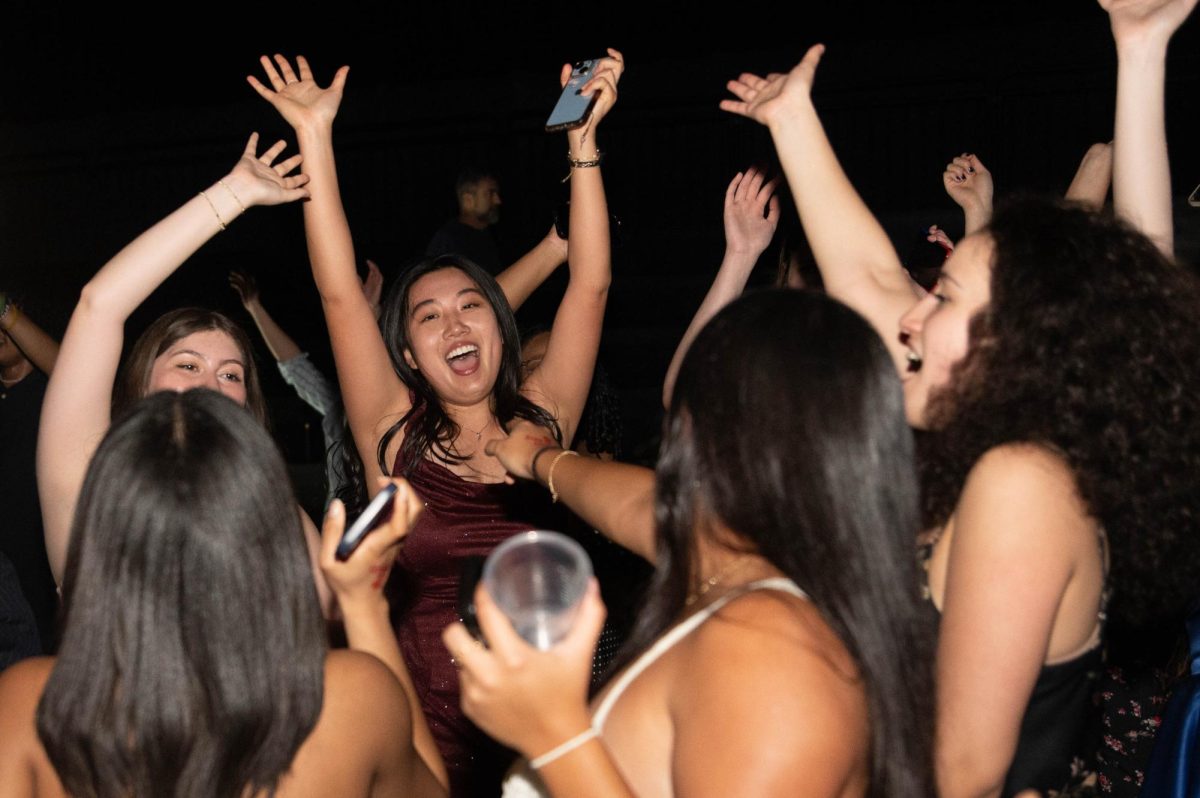
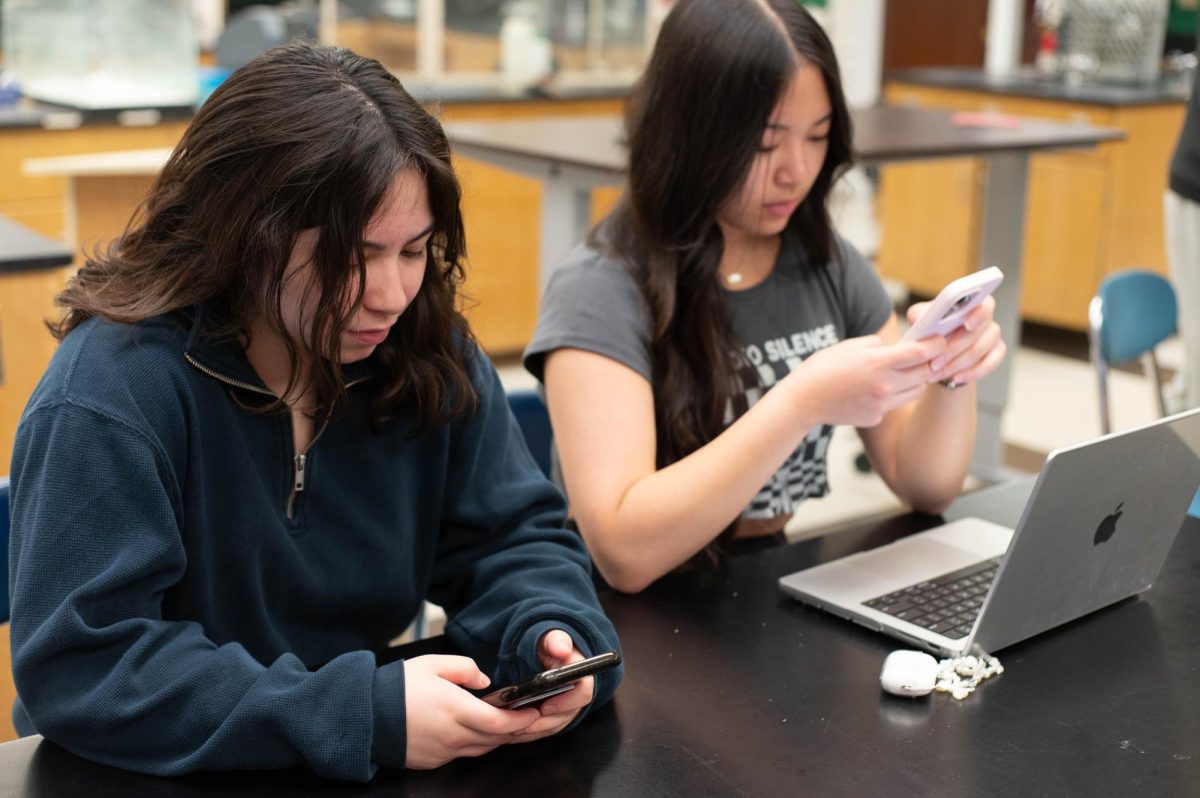
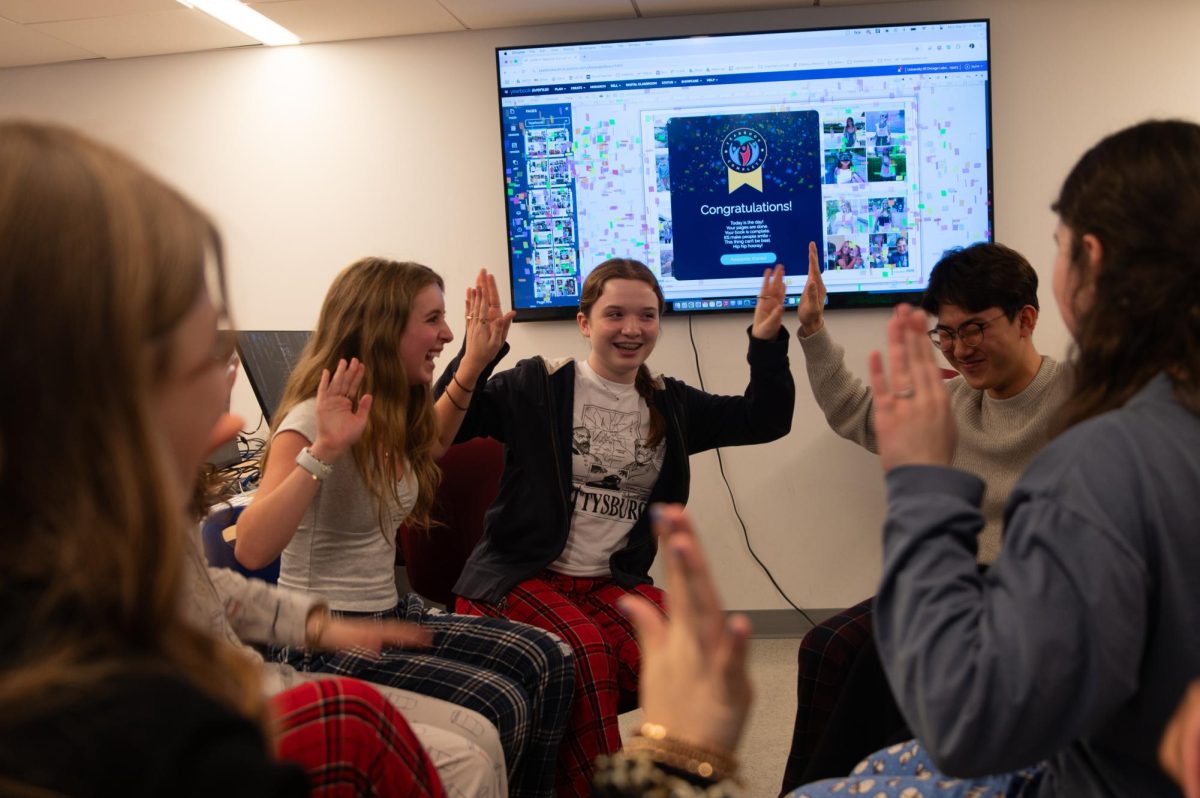





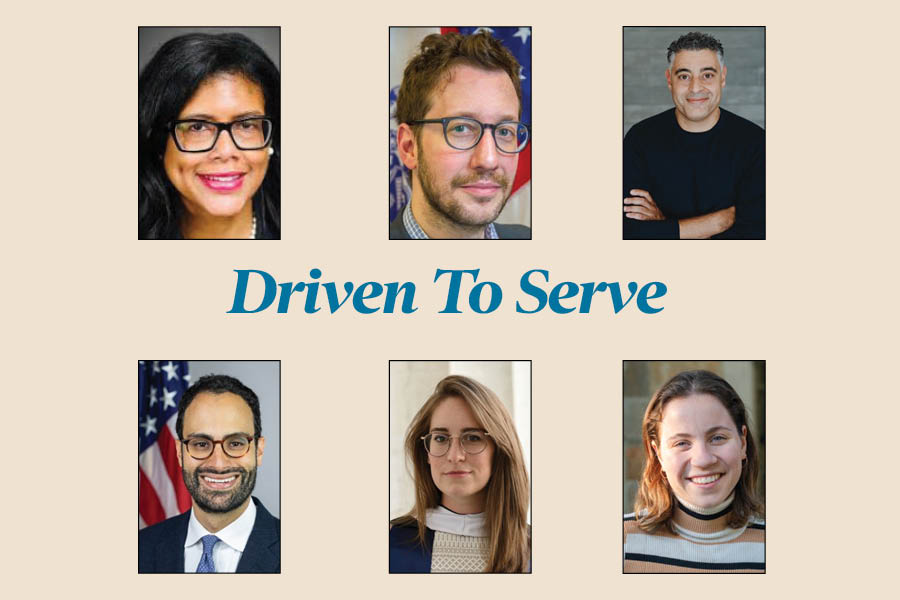






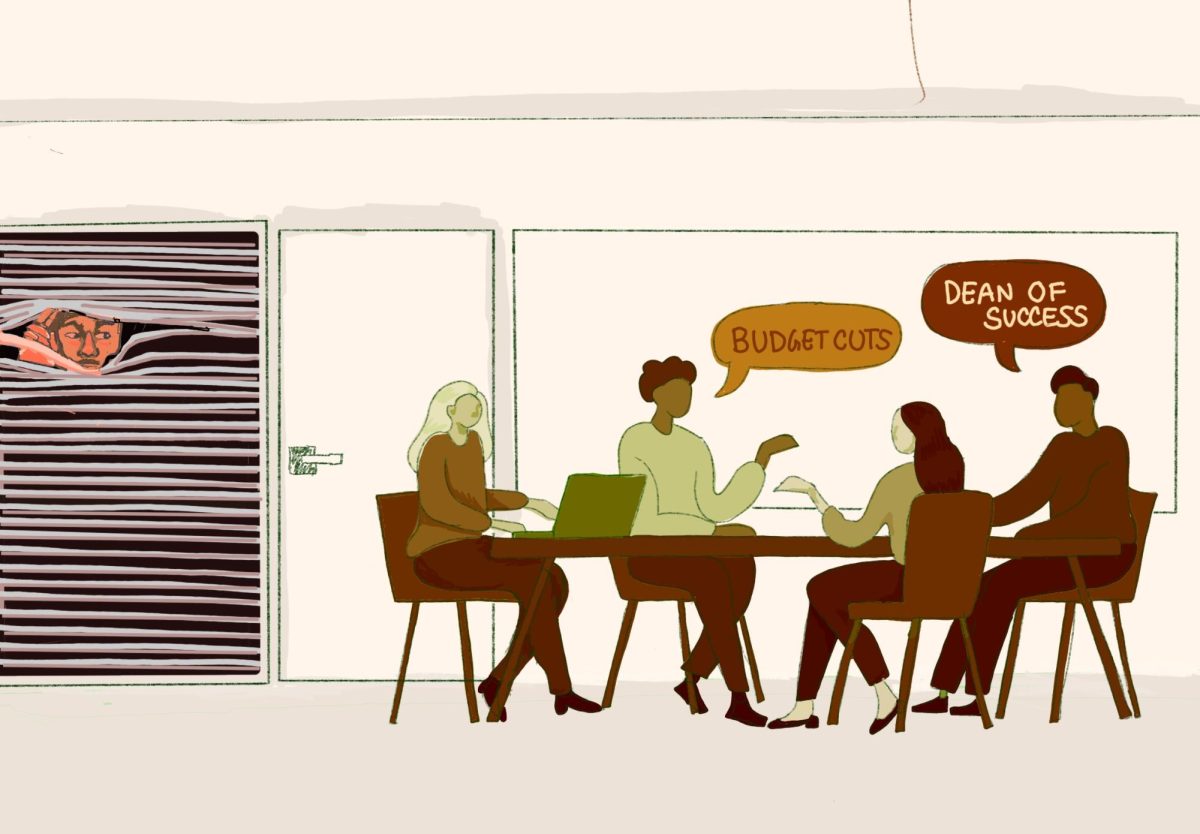
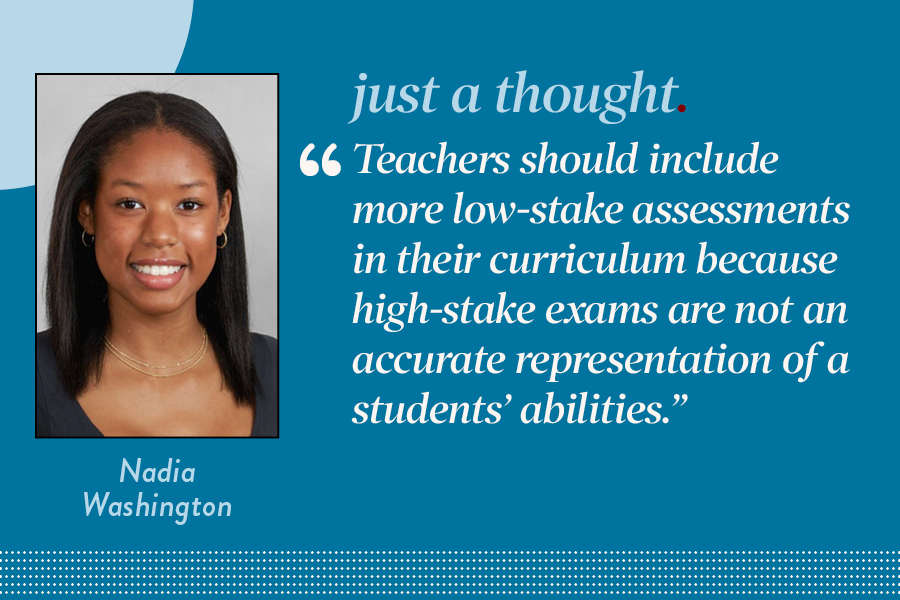
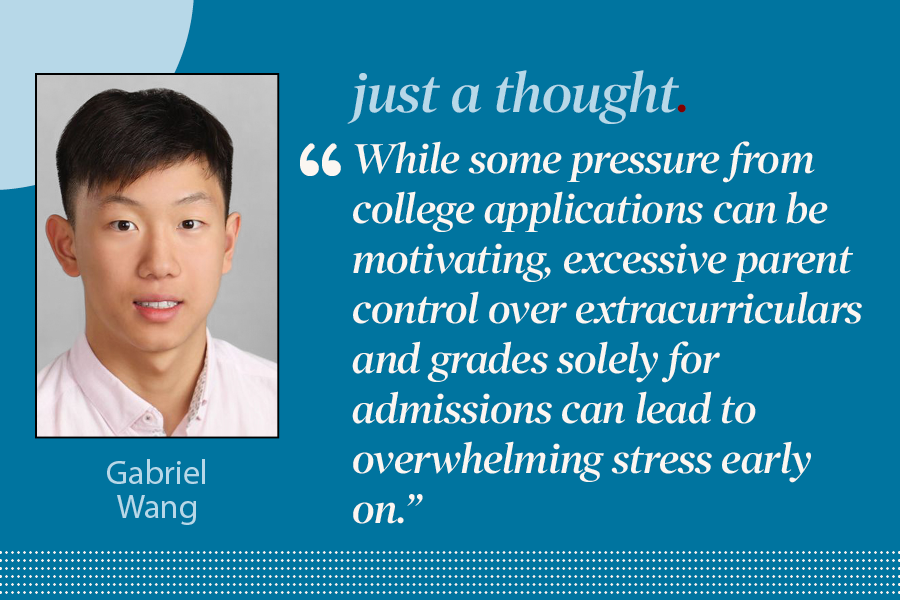
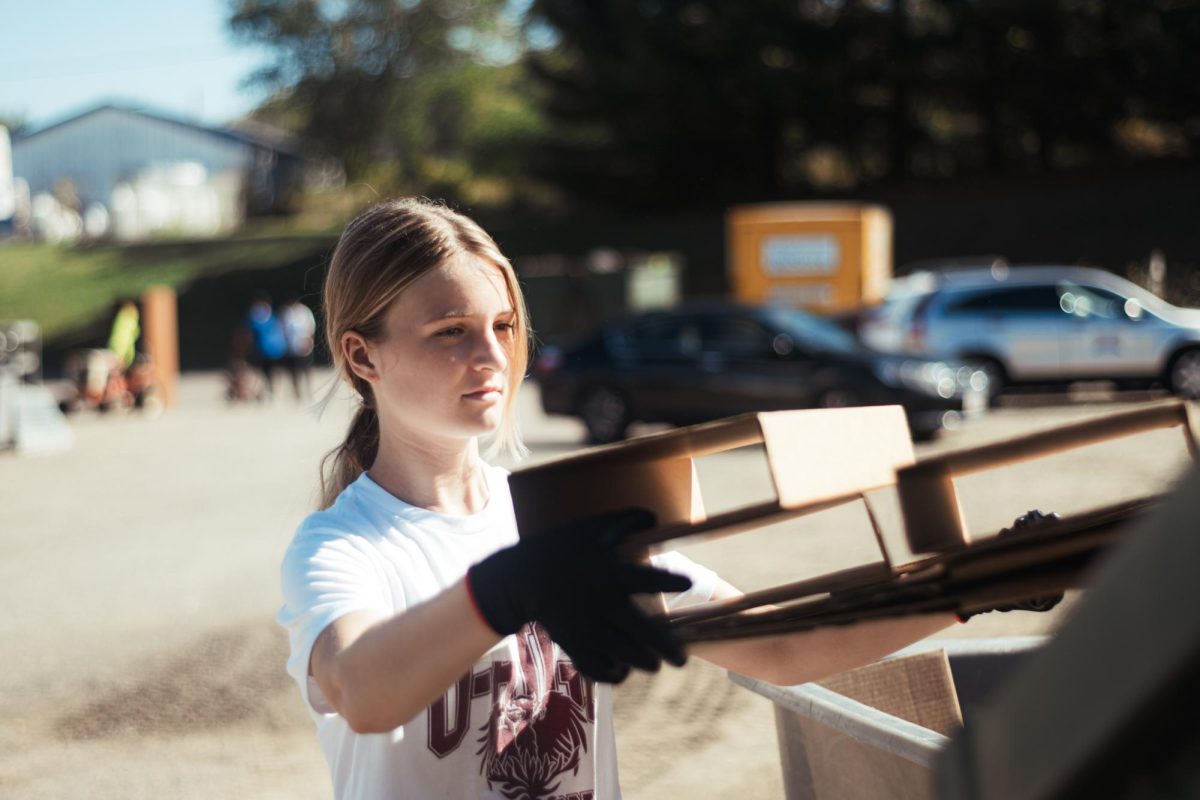
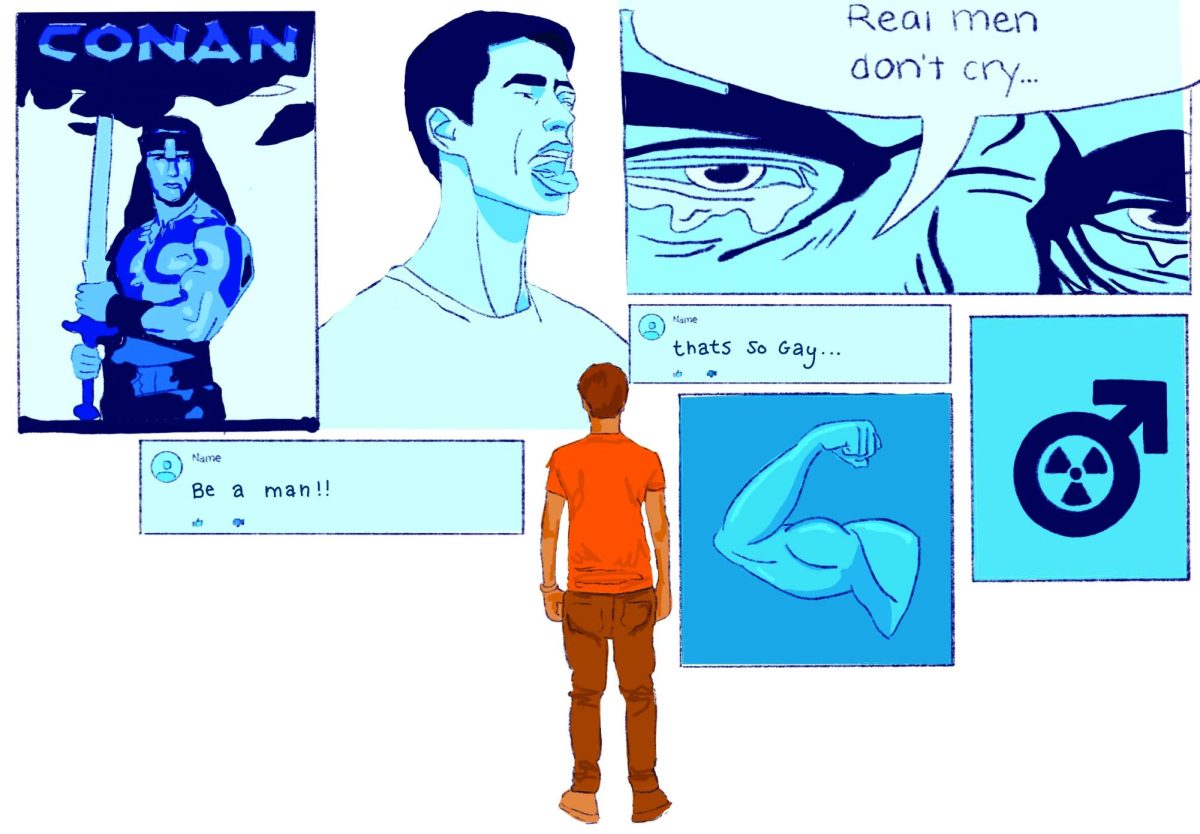

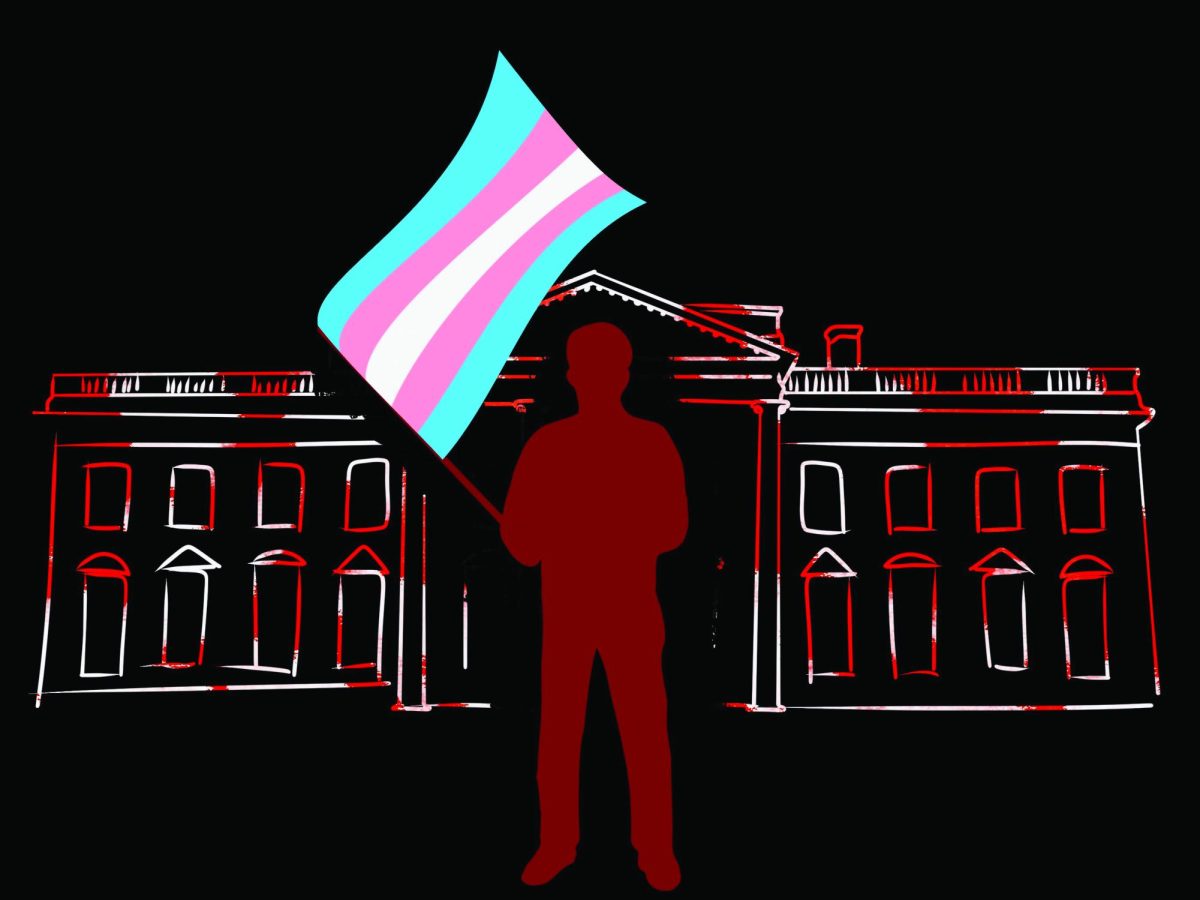
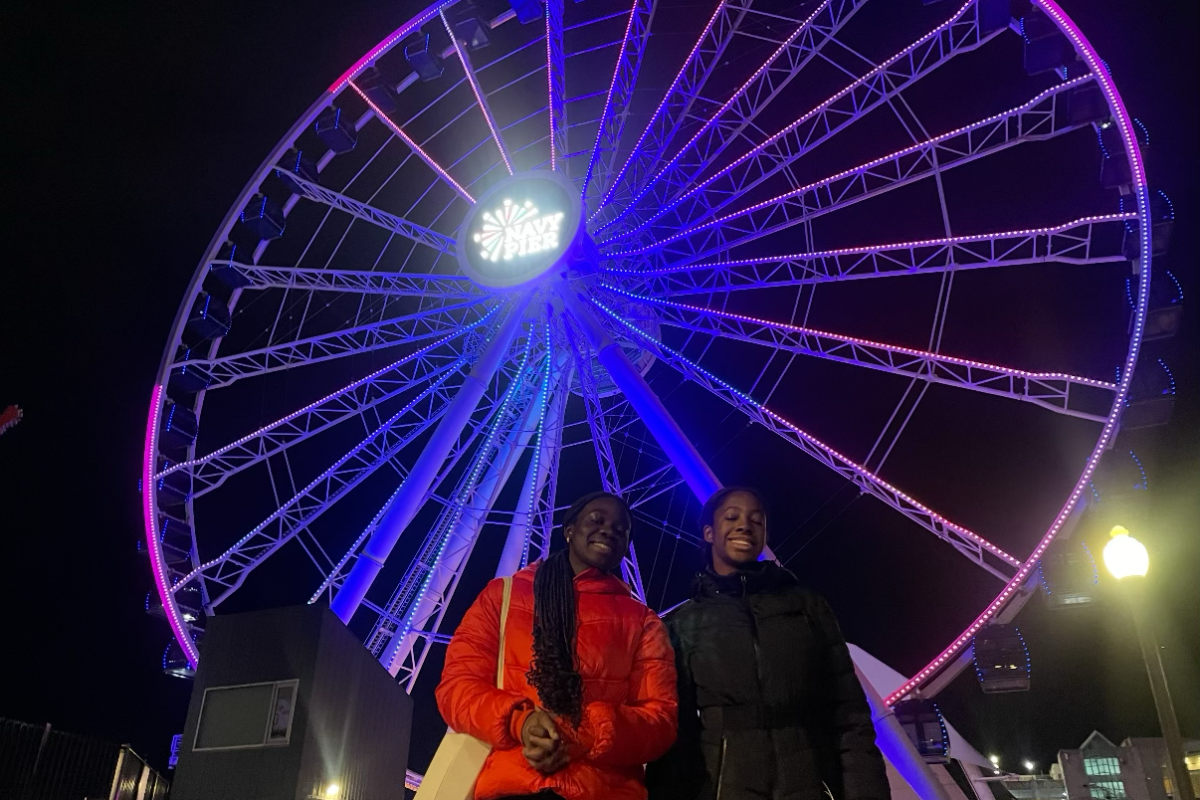











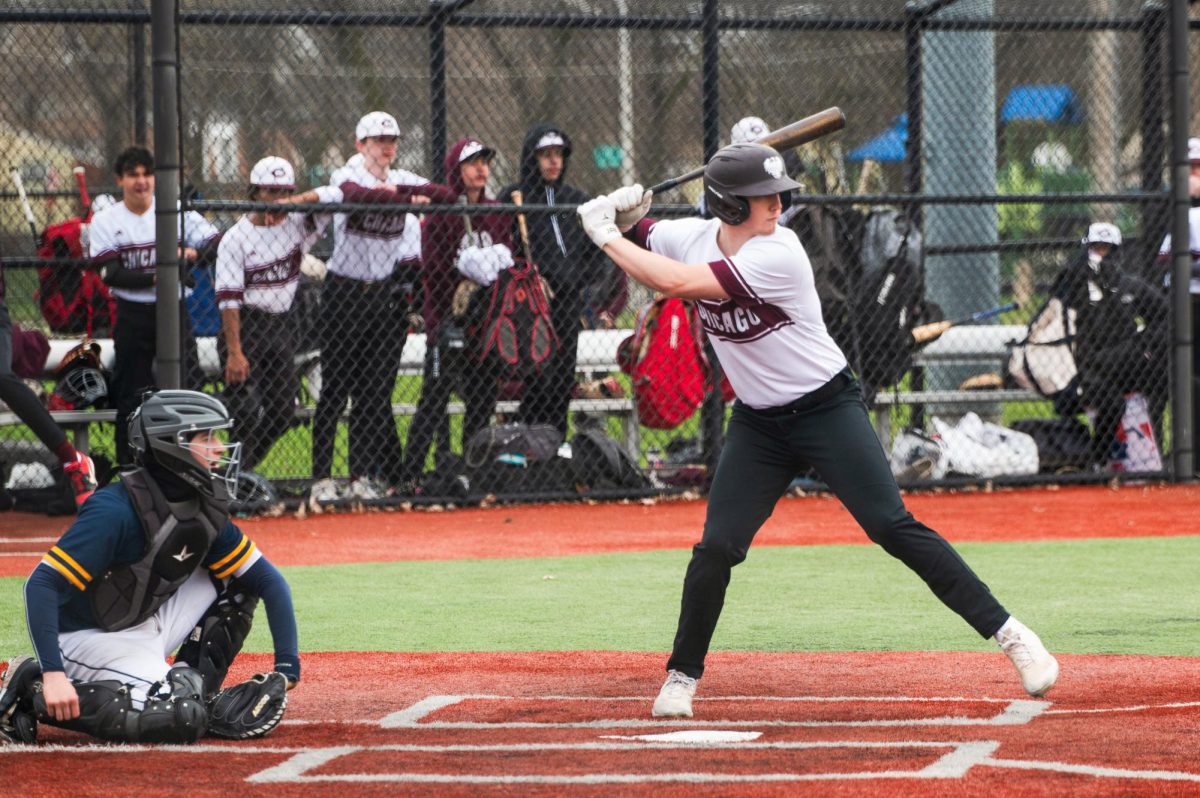
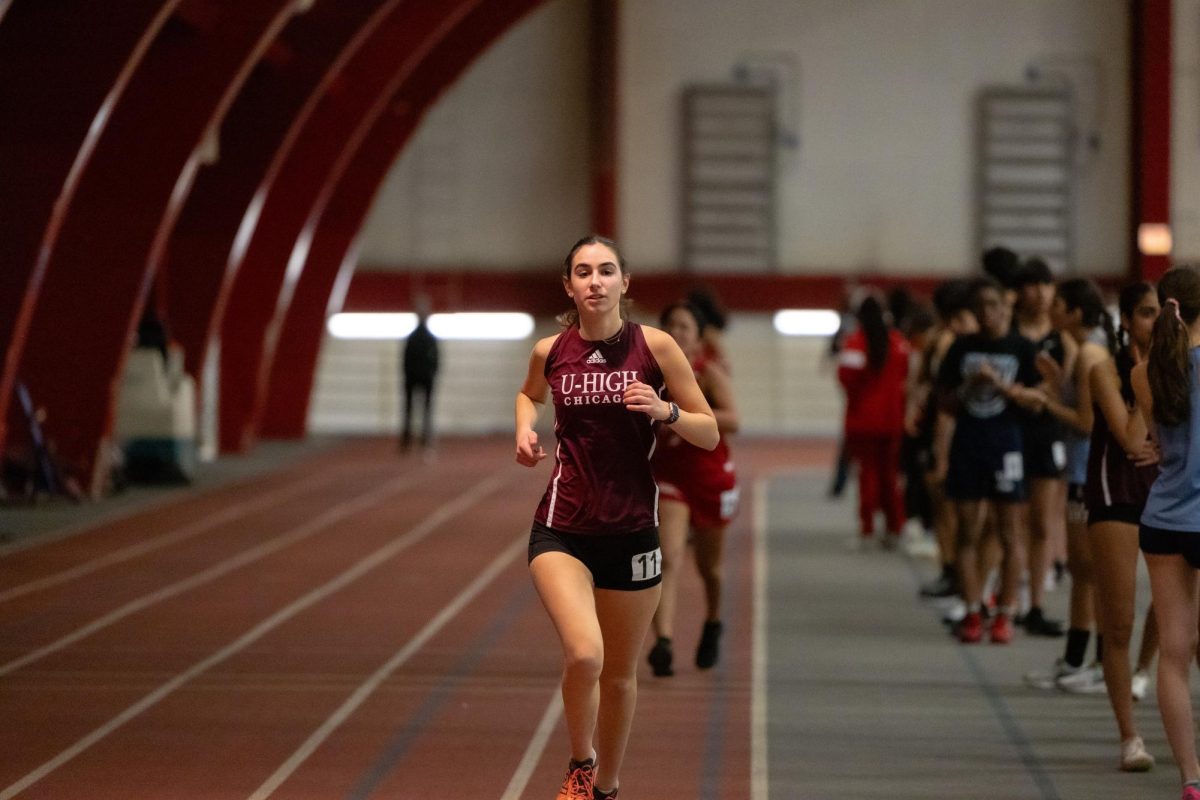



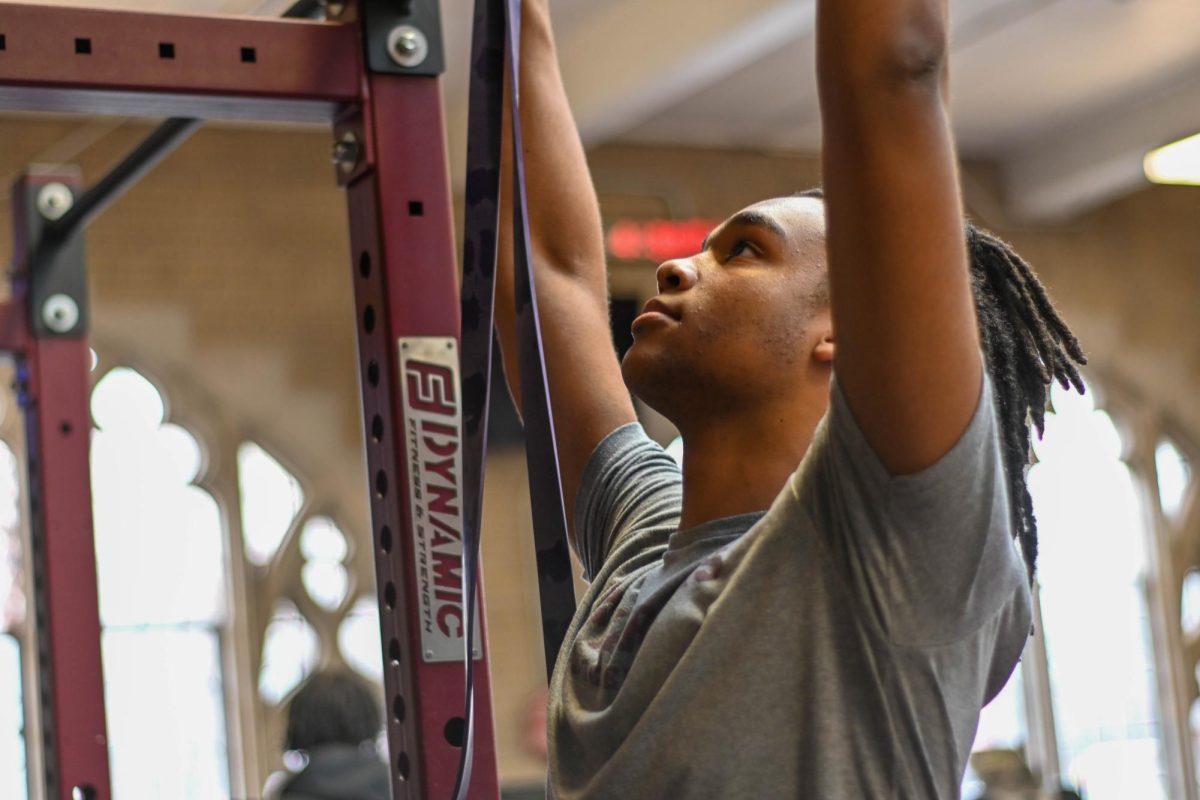












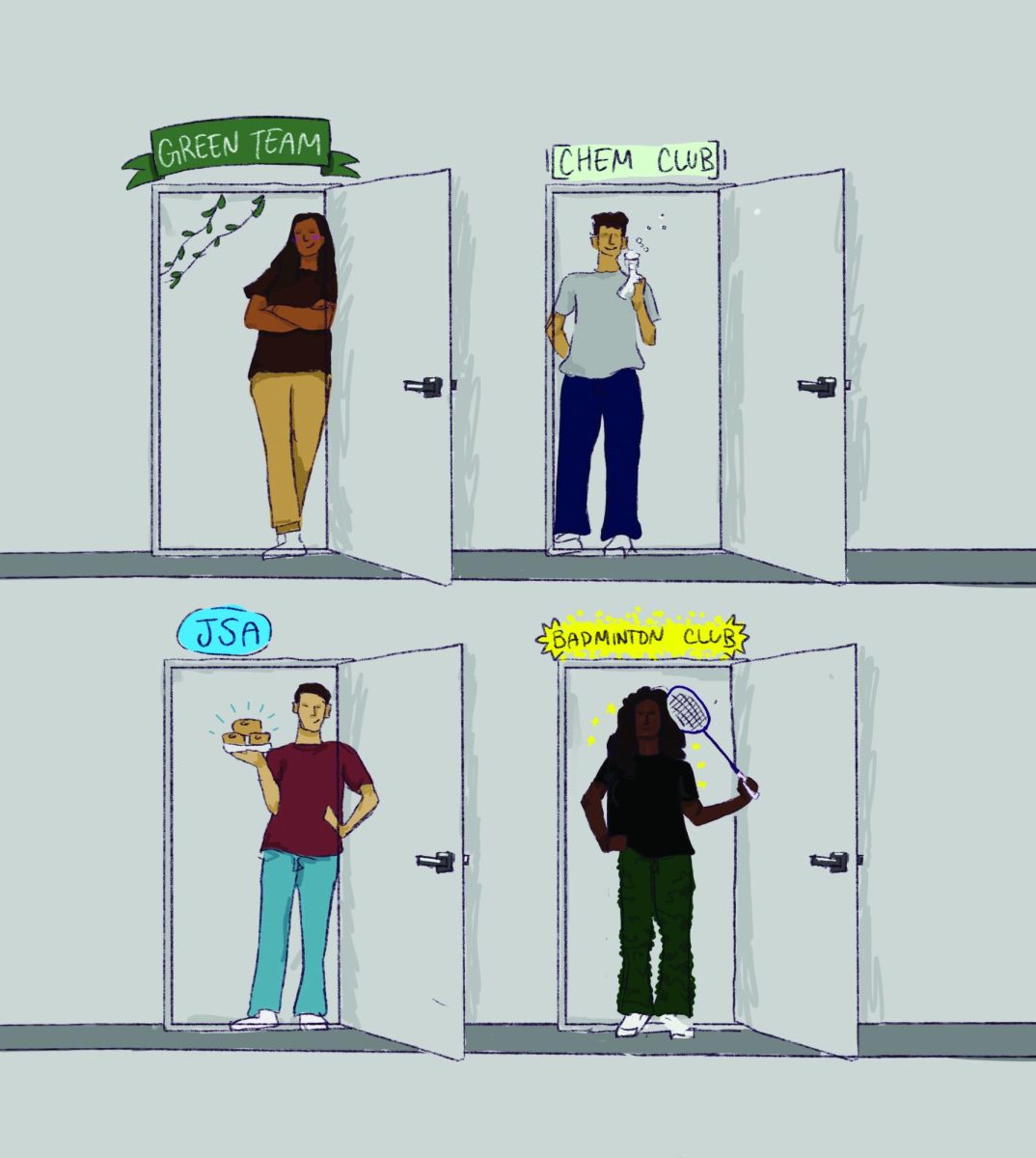




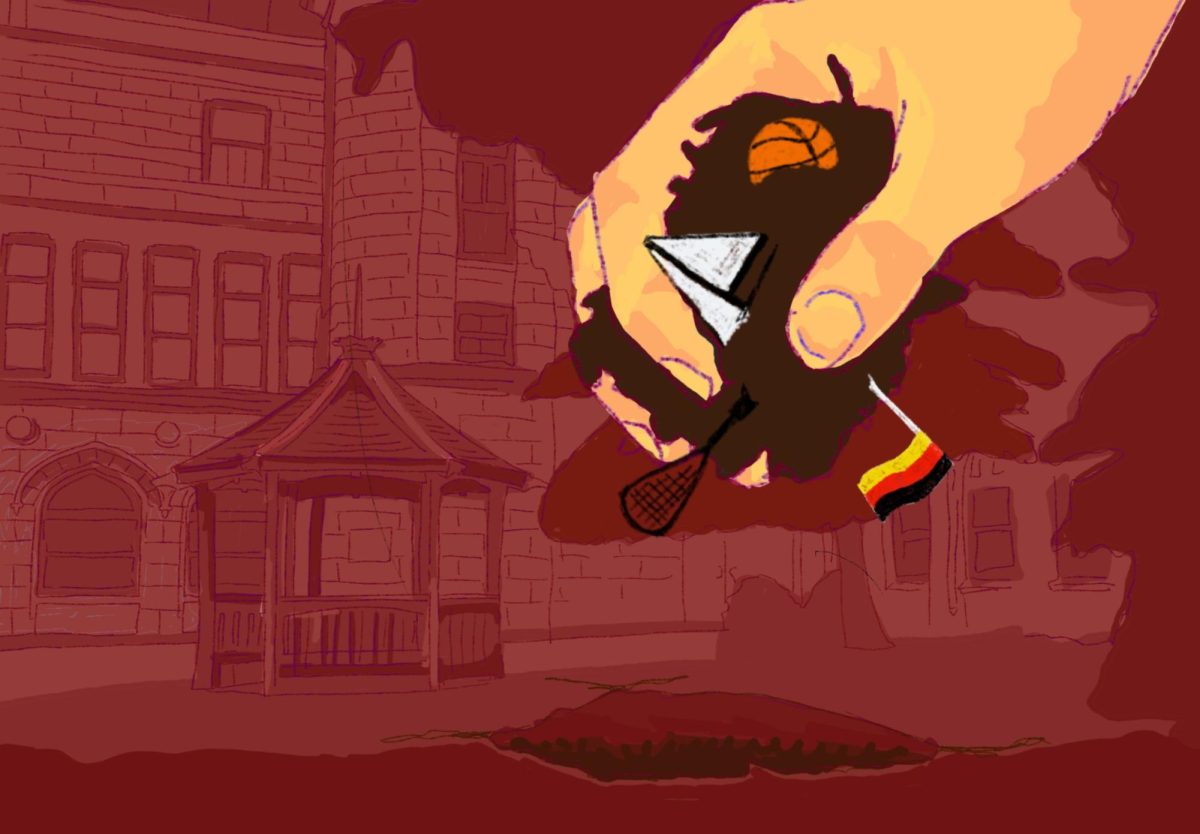
Clare O'Connor • Nov 5, 2024 at 3:46 am
I’d actually encourage students against making new clubs. I feel like club culture at Lab has gotten to the point where the only utility of creating a new club is to have an easy leadership role for college applications.
There are so many clubs at Lab. Outside of a few hyper-specific examples, students who are really looking to find a community of people with “shared interests, ideas, and experiences” will be able to find a preexisting one that meets their needs.
When students make their own new clubs, the groups typically become meeting spaces for the founder’s existing circle of friends. Joining an existing club because of genuine interest ensures that a student actually has the opportunity to build *new* friendships. Splitting similar topics into multiple clubs also gives both groups fewer resources and hinders greater collaborative efforts.
I haven’t been out of Lab long enough to forget the pressure U-High students are under to have an impressive title. I know students are already skipping lunch to get to club meetings. I understand why this problem exists, but if possible, I think students should try their best to avoid that rhetoric.